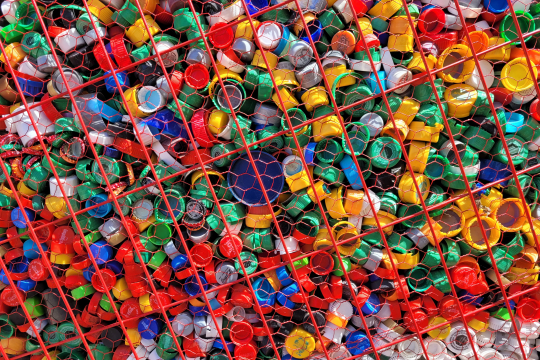A collaborative study conducted by researchers from the University of Talca, the University of Concepción, and Universidad del Bío Bío, all part of the EfD (Environment for Development) network, has revealed a critical insight into the recycling habits of Chilean households.
Led by Francisca Trujillo as part of her doctoral thesis for the Ph.D. in Economics program, the study uncovers that, despite Chileans' interest in recycling, they often don’t consider the amount of waste they will generate at the point of purchase. These findings have significant implications for policymakers seeking to enhance recycling efforts and waste reduction in the region.
The research involved surveying 604 households in two neighborhoods of Osorno, a city in southern Chile. The results were illuminating. It was discovered that 30% of households consistently recycle, while 24% do not recycle at all. Among those who do recycle, 49% primarily separate plastic bottles, with 8% focusing on glass bottles and 1.6% on cans.
Consumers and producers responsible for reducing waste
A striking 55% of households reported never or almost never considering the waste they would produce at the point of purchase. This insight indicates that public policies have, until now, predominantly placed the responsibility on consumers to recycle, rather than emphasizing the responsibility of producers to reduce materials at the point of production.
Marcela Jaime, director of EfD Chile and one of the researchers involved in the study, emphasized the importance of these findings in shaping future public policies aimed at promoting recycling and waste reduction.
"Despite being a recent issue, at least from the perspective of recycling, people are committed, as the data shows. This allows us to remain optimistic about changes in public opinion," she said.
The conclusions drawn from the study highlight the necessity for public policies to shift their focus toward educating consumers about the significance of reducing waste at the point of purchase. It is clear that a more holistic approach to waste reduction is needed, involving both consumers and producers.
Preference over clean neighborhoods
One crucial aspect revealed by the research is that people prefer locations that maintain a clean neighborhood for disposing of recyclable waste. In light of this, the researchers recommend that municipal authorities and recycling companies collaborate to improve the recycling infrastructure in Osorno. Additionally, companies should be encouraged to reduce the amount of packaging materials used in their products. Finally, the study suggests that a public education campaign should be initiated to raise awareness among consumers about the importance of reducing waste generation, particularly at the point of purchase.
The findings from this study provide valuable insights for Chilean policymakers as they strive to enhance recycling practices and reduce waste. By considering the responsibilities of both consumers and producers and creating a more conducive environment for recycling, Osorno and other Chilean cities can work towards a cleaner and more sustainable future.
By Belén Pulgar
